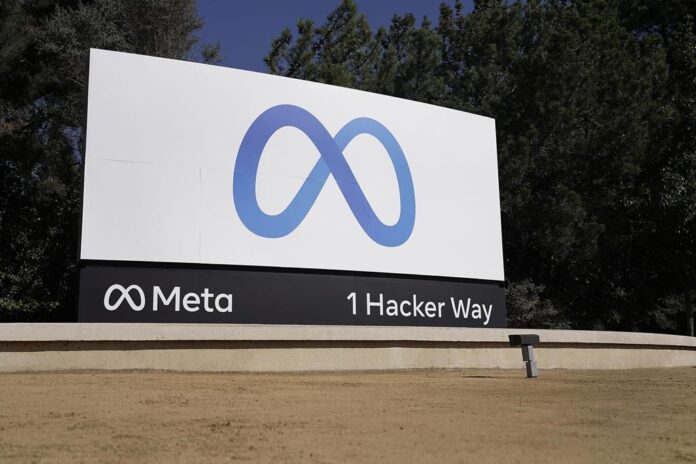It has been exactly one year to the day since Facebook’s parent company rebranded as Meta, and in that time the company has entered financial free-fall, analysts say.
Comparing the market values of Meta when it was first announced on Oct 28, 2021 to today, the company has shrunk by an astonishing US$650 billion.
Shares in Meta crashed 24 per cent on Thursday, to $97.94, sinking its stock to the lowest it’s been in nearly four years. The event cost Meta about US$67 billion, adding to the more than half a trillion dollars in value lost in 2022 alone. Meta’s market cap now stands at $263 billion. They are valued lowered than Home Depot and have been forced out of the ranks of the top 20 companies.
Mark Zuckerberg, the CEO of Facebook, saw his own personal fortune drop US$11 billion after the stock plummet, according to Forbes, who downgraded him from 25th richest person in the world to 29th richest at the market close on Thursday.
The incident echoes a previous crash in February which saw about $200 billion in Meta’s market value erased — the biggest loss in market value ever recorded for a U.S. company.
Since changing its name to Meta and investing heavily to create the “metaverse,” a virtual reality world, Facebook’s parent company has been plagued with woes. From the start of 2022 to now, the company has shed 70 per cent of its value.
At this time last year, on the day that Facebook rebranded as Meta, the company’s market cap was just over $900 billion. Just weeks before it had reached its peak value of over $1 trillion, joining an exclusive club consisting of Apple, Microsoft, Alphabet and Amazon. The company was riding high.
Now, one year on, Meta is hopping from crisis to crisis.
In February, when Meta’s stock dropped 23 per cent, Facebook’s daily active users declined for the first time, sending shockwaves through the tech giant.
Trending Now
Why Bill C-22 will be a ‘life-saver’ for many Canadians amid possible recession
Goodbye binge-watching: Netflix, others, bringing back ad breaks in coming weeks
Later in July, Meta reported its first ever revenue decline, brought down by a drop in ad spending as the economy began to drag. Competition for ad revenue has also been heating up with Meta’s largest competitor in the social media space, TikTok.
Another problem: recent privacy changes by Apple are making it harder for companies like Meta to track people for advertising purposes. Forbes reported that Apple’s changes cost Meta around $10 billion in ad revenue.
All of these factors have been working together to slow Meta’s earnings and they also lead us to this week, when Meta’s stock came crashing down again.
Similar to the massive one-day loss seen on Feb. 2, Meta’s stock crash on Thursday was triggered by a weak revenue report, predicting a 50-per cent decline in profits, with plans to maintain their high spending on building out the metaverse — to the sum of around $87 billion, that will increase to around $100 billion next year.
There seems to be conflict between Meta and its investors, who see the metaverse as a money pit and are calling for the company to cut costs as the economy slows, while Zuckerberg bets it all on his virtual reality tech.
Meta’s virtual and augmented reality division, Reality Labs, has already spent $9.4 billion this year (up to Sept. 30) creating the metaverse, but it seems that consumers aren’t that interested in it.
Meta set a goal of having 500,000 monthly active users for Horizon Worlds, its virtual reality platform, but a leaked report found that the company achieved less than half that, as reported by the Wall Street Journal. The report also found that most metaverse users didn’t return to the program again after the first month.
“An empty world is a sad world,” one person noted, according to the report.
It seems that if Meta wants to become a leader in the next generation of tech, they’re going to have to work to convince both investors and consumers.
5:02
Goodbye Facebook, Hello Meta: social media giant rebrands company
© 2022 Global News, a division of Corus Entertainment Inc.



